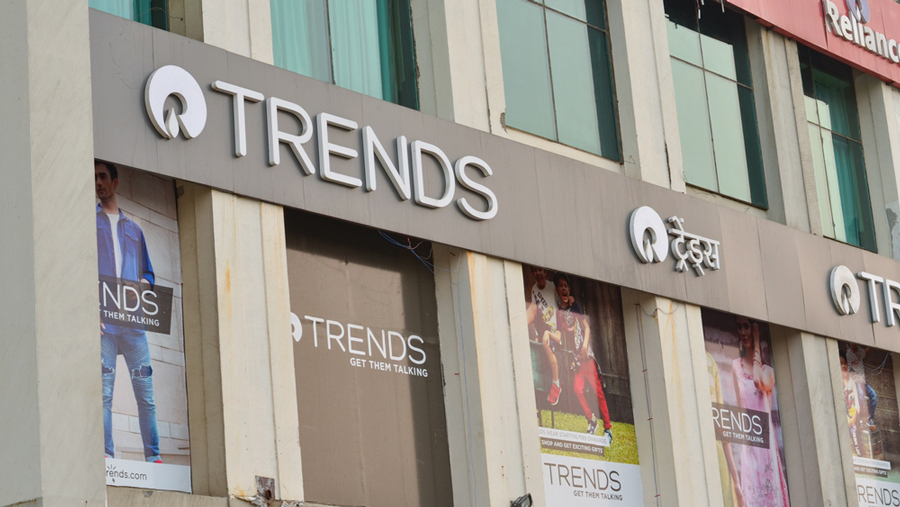On Friday, the retail arm of Reliance Industries (RIL), Reliance Retail, reported a 9.7 percent sequential decline in its revenue from operations which stood at Rs 33,018 crore in the December quarter (Q3). Additionally, gross sales saw a decline of 8 percent sequentially to Rs 37,845 crore in Q3.
Despite the decline in revenue, the earnings before interest, tax, depreciation, and amortization (Ebitda) rose 53.9 percent sequentially in Q3 to touch Rs 3,087 crore, while Ebitda margins expanded 380 basis points to 9.3 percent.

RIL does not report net profit numbers for its retail business.
Business Insider reported that ‘this may be yet another signal for economic recovery in India’, just like the spike in goods and services tax collection, e-way bills, and railway freight movement in the month of December. This particular segment, which includes Reliance’s partnership with brands like Burberry, Armani, Diesel, Marks, and Spencer, as well as online platforms like Ajio.com, contributes only 8% to Reliance Retail’s total revenue but brings in a big profit margin.
As reported by Bussiness Standards, the firm has stated that all stores were operational during the quarter, with the company adding 327 new stores in Q3. Total store count now stands at 12,201 outlets spread over 31.2 million sq ft. This will only improve the retail business further in the coming years with the improvement in the economy.

In the past few years, Reliance Retail has been pushing up its contribution from core retail, that is, food and grocery, consumer electronics and fashion and lifestyle, brokerage Edelweiss said in a report.
Mukesh Ambani’s e-commerce bet, JioMart, is expected to pitch in here, with the online platform clocking over 400,000 orders per day, since it went live in 200 cities in May. This is ahead of competitors such as BigBasket, Grofers, and Amazon Pantry.















